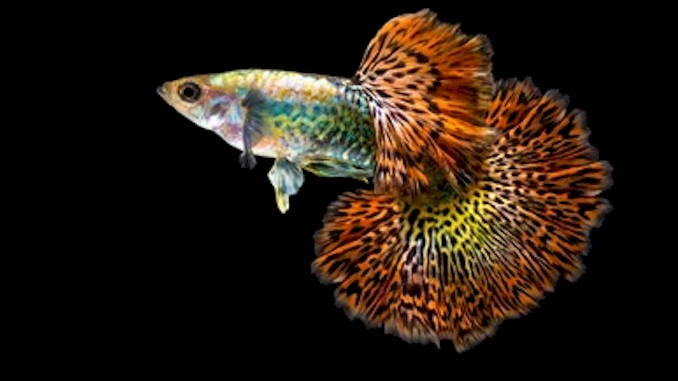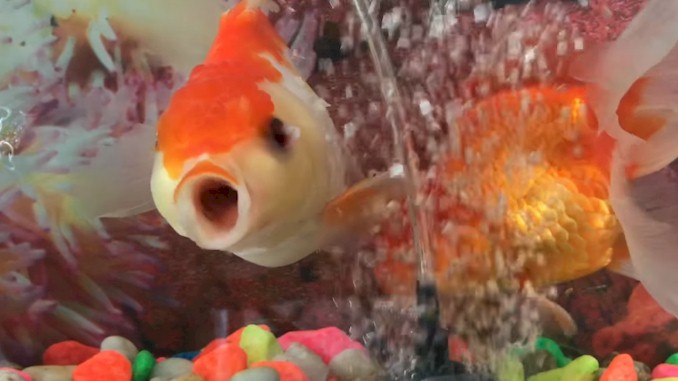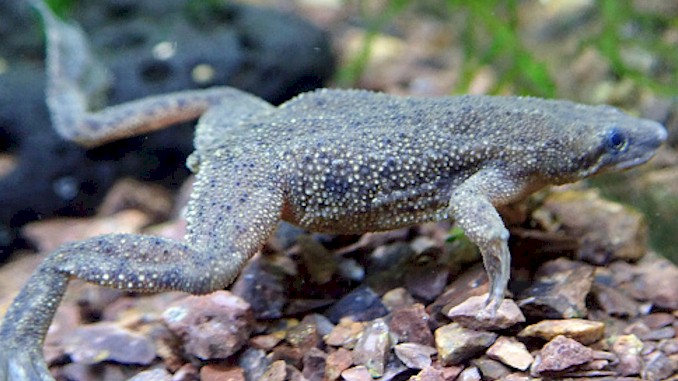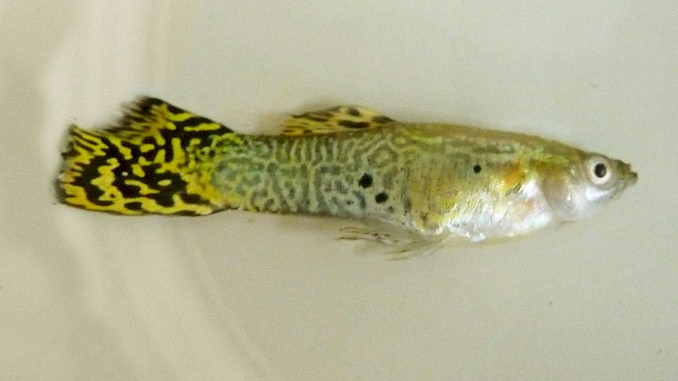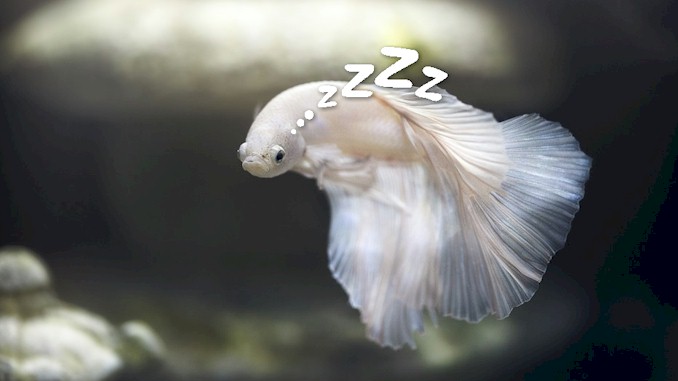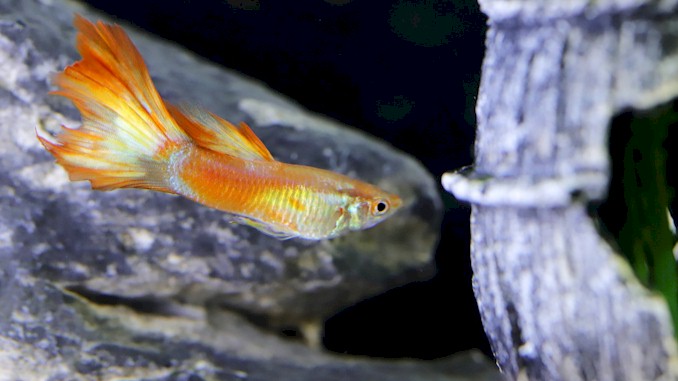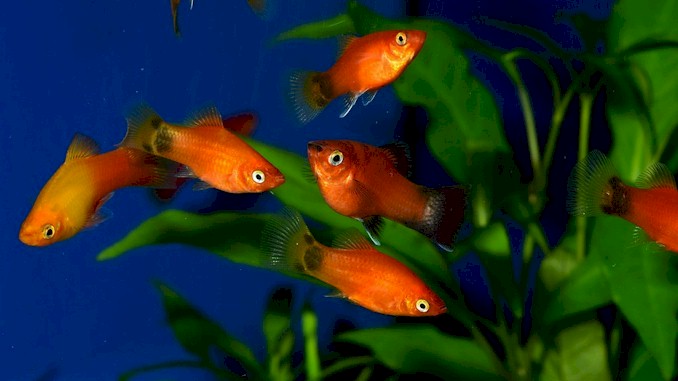Guppies in Hiding: A Complete Guide
If you’re a guppy owner, you may have noticed that your fish sometimes hide in the tank, which can be concerning. While it’s natural for fish to seek shelter occasionally, persistent hiding can be a sign of underlying problems that need to be addressed. As an experienced aquarist and researcher, I can provide you with a complete guide to understanding why guppies hide, and what you can do to help your fish feel more comfortable and secure in their environment. From water quality issues to incompatible tank mates, there are many factors that can contribute to hiding behavior in guppies, and I’m here to help you navigate them all.
Guppies hide for a variety of reasons, including poor water quality, stressful environments, aggressive tank mates, and improper male-to-female ratios. Pregnant guppies may also hide as they prepare to give birth. Identifying the underlying cause of hiding behavior is crucial for ensuring the health and well-being of your guppies. By addressing factors such as water quality, tank setup, and social dynamics, you can help your fish feel safe and secure in their environment, and minimize the risk of illness or other health problems.
But understanding why guppies hide is just the beginning. In the rest of this guide, I’ll delve deeper into each of these factors, providing you with practical tips and strategies for identifying and addressing them. You’ll learn how to test your water quality, select compatible tank mates, create a stress-free environment for your guppies, and much more. Whether you’re a seasoned aquarist or a beginner, this guide is packed with valuable insights and actionable advice to help you keep your guppies healthy and happy. So keep reading to learn everything you need to know about why guppies hide, and how to prevent it from happening in your tank.
Water Quality and Other Factors: Understanding the 10 Common Reasons Why Guppies Hide
Guppies are colorful, lively, and generally easy to care for, making them a popular choice for beginner and experienced aquarists alike. But despite their hardy nature, guppies are still susceptible to a range of health issues, including hiding behavior. If you’ve noticed your guppies hiding more than usual, it’s essential to identify the underlying cause and take action to address it. Here are 10 of the most common reasons why guppies hide, including factors related to water quality, tank setup, social dynamics, and more:
- Poor water quality: Dirty or unbalanced water can cause stress, illness, and other health issues that may lead to hiding behavior in guppies. Test your water regularly to ensure that ammonia, nitrite, and nitrate levels are within safe limits, and perform regular water changes to keep your tank clean and healthy.
- Unfavorable water parameters: In addition to water quality, other water parameters such as temperature, pH, and hardness can also impact guppy health and behavior. Guppies prefer a temperature range of 72-82°F (22-28°C), a pH of 7.0-8.0, and moderately hard water (100-150 ppm).
- Stressful environment: Guppies are sensitive to sudden changes in their environment, such as loud noises, bright lights, or frequent disturbances. Make sure your tank is located in a quiet, low-traffic area, and consider adding plants or decorations to create hiding places and reduce stress.
- Poor tank mates: Aggressive or territorial tank mates can intimidate and stress out guppies, causing them to hide more often. Avoid keeping guppies with aggressive species such as cichlids or bettas, and choose peaceful, community-oriented fish instead.
- Improper male-to-female ratio: Male guppies can be aggressive and territorial towards each other, especially if there are too many males in the tank. Make sure you have a proper male-to-female ratio (one male for every two to three females) to reduce aggression and stress.
- Overcrowding: Overcrowding can cause stress, aggression, and competition for resources, leading to hiding behavior in guppies. Make sure your tank is appropriately sized for the number of fish you have, and avoid overstocking.
- Poor nutrition: Guppies require a balanced diet of protein, fats, and carbohydrates to stay healthy and active. A lack of essential nutrients can lead to lethargy and hiding behavior, so make sure you’re feeding your guppies a varied and nutritious diet.
- Pregnancy: Female guppies may hide more often when they’re pregnant, as they seek out secluded spots to give birth and protect their young. If you suspect your female guppy is pregnant, make sure she has plenty of hiding places and consider moving her to a separate breeding tank.
- Strong water current: Guppies are not strong swimmers, and a strong water current can stress them out and cause them to hide. Make sure your tank’s filtration system is appropriate for the size of your tank and the needs of your fish. Click here to know more in detail.
- Illness: Finally, guppies may hide more often when they’re sick or experiencing health issues. Look for other signs of illness such as loss of appetite, lethargy, or unusual behavior, and consider consulting a veterinarian or aquatic specialist if you suspect your guppies are unwell.
Understanding these 10 common reasons why guppies hide can help you identify and address the underlying cause of this behavior. By taking steps to improve water quality, create a comfortable and stress-free environment, and provide a balanced diet and appropriate social dynamics, you can help your guppies feel safe, secure, and active in their aquarium home.
How to Stop Guppies From Hiding: Tips and Tricks to Encourage Activity
If you’ve identified the underlying cause of your guppies’ hiding behavior and addressed it but still find that they’re not very active or visible, there are a few strategies you can use to encourage them to come out of hiding and explore their environment.
- Add more plants and decorations: Guppies love places to hide and explore, so consider adding more plants, caves, and other decorations to your tank to create a more stimulating environment. This can also help reduce stress and aggression among tank mates.
- Adjust lighting and water parameters: Guppies prefer well-lit, warm water environments. Make sure your tank is receiving appropriate light and heat levels, and consider adjusting water parameters such as pH and hardness to mimic their natural habitat.
- Offer a varied diet: Offering a varied diet of live or frozen foods can encourage guppies to be more active and exploratory. Try offering bloodworms, brine shrimp, or other protein-rich foods to entice them out of hiding.
- Introduce new tank mates: Guppies are social fish and enjoy the company of other peaceful community fish. Consider introducing new tank mates such as tetras or mollies to encourage activity and socialization.
- Use food as a lure: Try feeding your guppies at the same time every day and use a feeding ring or target to encourage them to come out of hiding and interact with their environment.
- Be patient: Finally, it’s important to remember that guppies are naturally shy and may take time to adjust to new environments or social dynamics. Be patient and consistent with your care and attention, and your guppies will likely become more active and visible over time.
If you consumed and applied these tips and tricks properly, you can help encourage your guppies to be more active, curious, and engaging in their aquarium home. Keep in mind that each guppy has its unique personality and preferences, so be observant and flexible in your approach to providing a safe and comfortable environment.
The Importance of Hiding Places: Creating a Comfortable Environment for Guppies
While it’s essential to address the reasons why guppies may be hiding, it’s also important to provide them with the right environment to make them feel safe and secure. Hiding places are crucial for guppies because they provide security, privacy, and a place to rest.
- Natural hiding places: Guppies’ natural habitat is densely planted, and they prefer hiding in aquatic vegetation, rocks, and other natural features. Adding live plants, rocks, and driftwood to your tank can provide excellent hiding places for guppies and improve the aesthetics of the tank.
- Artificial hiding places: If you don’t have access to live plants or natural features, you can also use artificial decorations such as caves, castles, and tunnels to provide hiding places. However, make sure they are made of safe, non-toxic materials and don’t have any sharp edges that can harm your fish.
- Placement of hiding places: It’s crucial to place hiding places in different areas of the tank to give guppies a choice and avoid competition for hiding places. Also, make sure to leave open spaces in the tank to allow for swimming and exploration.
- Avoid overcrowding: Overcrowding can lead to stress, aggression, and competition for resources, including hiding places. Make sure to provide adequate space for each fish and avoid overstocking your tank.
- Keep it clean: Finally, make sure to maintain good water quality and keep the tank clean. Dirty water can lead to stress and disease, making guppies more likely to hide.
So you have to do your best to provide natural and artificial hiding places for your guppies, placing them strategically, avoiding overcrowding, and keeping the tank clean. You can create a comfortable and secure environment for your guppies. That way, not only will they feel more at home and be more active and visible, but you’ll also be providing them with the best possible care.
Addressing Hiding Behavior: Tips and Strategies for Helping Your Guppies Feel Safe and Secure
Guppies hiding in the tank can be a sign of stress or discomfort. Fortunately, there are several strategies that can help address hiding behavior and create a safe and secure environment for your guppies.
- Provide hiding places: As we mentioned earlier, guppies like places to hide. Adding plants, rocks, and other decorations to your tank can create hiding places for your guppies. These hiding places also help create a more natural environment that mimics their natural habitat.
- Keep the tank clean: Poor water quality can cause stress and lead to hiding behavior. Keeping the tank clean and maintaining proper water parameters can go a long way in creating a healthy and comfortable environment for your guppies.
- Choose tank mates carefully: Guppies can be susceptible to bullying from other fish. Choosing tank mates that are peaceful and compatible with guppies can reduce stress and help prevent hiding behavior.
- Provide proper nutrition: Guppies require a varied diet to stay healthy. Providing a balanced diet with a mix of flakes, pellets, and live or frozen food can help prevent stress and promote activity.
- Maintain proper temperature and lighting: Guppies prefer a temperature between 72-82°F and a light cycle of 8-12 hours per day. Maintaining these conditions can help create a comfortable environment and encourage activity.
By following these tips and strategies, you can create a safe and comfortable environment for your guppies, encourage activity, and help prevent hiding behavior. Remember to always monitor your guppies closely and make adjustments as needed to ensure their health and happiness.
Why Are My Guppies Not Very Active? Common Causes and Solutions
Guppies are typically known for their active and playful nature. However, if you notice that your guppies are not as active as they used to be, there could be underlying causes that need to be addressed. Some of the most common causes of decreased activity in guppies include:
- Poor water quality: Guppies require clean and well-maintained water to thrive. If the water quality in their tank is poor, it can lead to stress and illness, causing them to become less active.
- Inadequate diet: Guppies need a balanced and nutritious diet to maintain their energy levels and overall health. If their diet is lacking in essential nutrients, they may become lethargic and inactive.
- Overcrowding: Guppies need enough space to swim and play, and overcrowding can cause them to become stressed and less active.
- Disease or illness: Guppies can fall ill due to various diseases or infections, which can cause them to become lethargic and inactive.
To encourage activity in your guppies, it is essential to identify and address the underlying cause. Ensuring clean and well-maintained water, providing a balanced diet, and avoiding overcrowding are some ways to promote an active and healthy lifestyle for your guppies. If your guppies are still not very active despite your efforts, consult with a veterinarian or a fish expert to diagnose and treat any underlying health issues.

